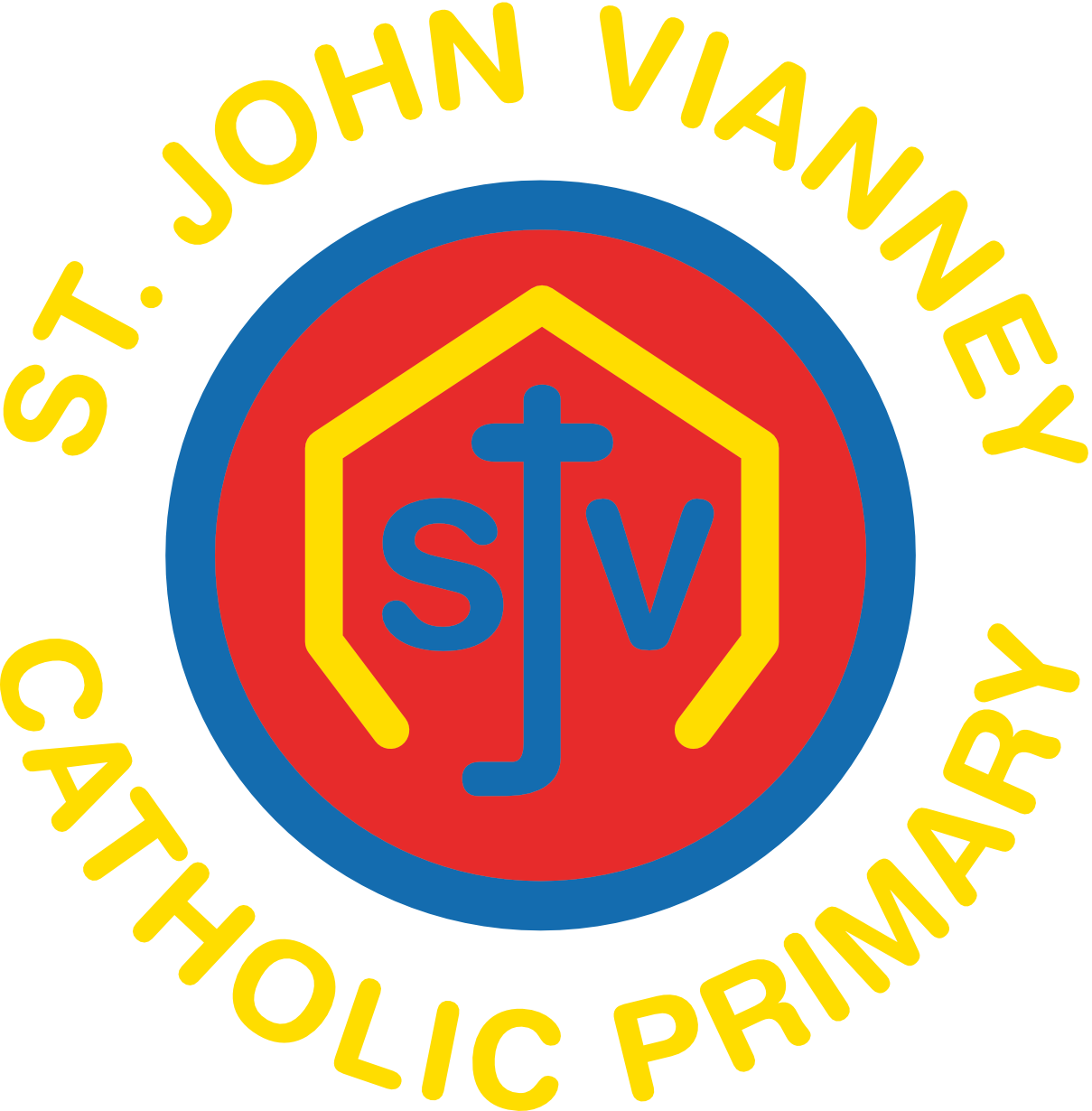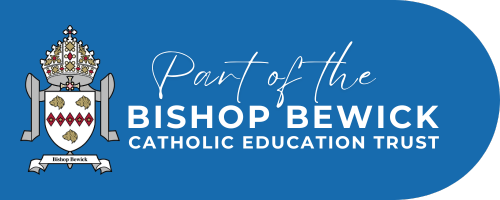
Geography
Geography
Geography forms an integral part of the curriculum at St. John Vianney Primary School. We believe that developing the children’s awareness of the world around them is crucial to support their understanding of an increasingly complicated world.
Geography at St. John Vianney involves the study of a range of different environments and topics, giving children the opportunity to explore their locality and beyond. Through Geography, we encourage and challenge children to view the world from new perspectives and ask them questions around key social and environmental issues we face as a society today.
INTENT:
The intent of Geography teaching at St. John Vianney is to give children a strong knowledge, rich vocabulary and understanding of the world around them. Through geography, we aim to broaden the children’s horizons and encourage them to explore the world they live in.
We also hope to give them an insight it key issues that are sure to affect them in the future such as climate change, it’s causes, possible solutions and the effect that this has on global ecosystems.
At St. John Vianney, inspiring teaching ensures that children learn about:
The diverse nature of places, people and environments on Earth and how they vary spatially and temporally;
Key physical and human processes, interactions between such processes and how they have impacted on landscapes and environments;
A range of key geographical skills, which allow them to collect, interpret and communicate data collected through fieldwork.
IMPLEMENTATION:
We teach Geography through engaging and thought-provoking lessons, which consistently build upon, and are tailored to, the prior knowledge of the children and learning in previous year groups. We give children unique learning experiences and memorable opportunities to explore unusual environments, which differ from their own, through educational trips to places such as Holy Island.
We also work closely with the Geography department at Sacred Heart High School, who provide us with a wide variety of resources to support our Geography teaching, as well as a range of fieldwork opportunities for the children and CPD to develop teacher knowledge and skills.
IMPACT:
By the time the children leave St. John Vianney, they will be will equipped with a strong knowledge of Geography, as well as a range of key geographical skills. They will have developed a curiosity and understanding of the world around them and be confident in asking crucial questions, of themselves and others, about how humans will continue to impact on the world. They will have a strong awareness of how our world is changing, as a result of climate change, and be inspired to make innovative changes in rheir own lives, for the benefit of all society.
CULTURAL CAPITAL:
At St. John Vianney school, we approach cultural capital through Geography. The Cultural Learning Alliance defines cultural capital as a way to ‘celebrate and embrace the different backgrounds, heritage, language and traditions of all the children living in this country’. At St. John Vianney school, children benefit from a flexible curriculum that builds on what they understand and know already. We believe that exposure, not only to culture but also to situations in which the children might not have previous experience of, is of paramount importance to their ongoing successes. Widening the children’s experiences in Geography as they progress through school is an important step in providing rich and engaging learning across the curriculum. We aim always to build experiences and knowledge through Geography by immersing children in the world around them. Examples of this in Geography include: thinking and people around the world, learning about people in our community, understanding how our local supermarket produces fresh food, embracing and supporting our local environment, growing fruit and vegetables, welcoming baby chicks and ducks into our classrooms, and learning beyond the classroom.
After-school clubs as well as a rich and varied curriculum provide an opportunity to introduce activities to help develop pupils’ cultural capital hands on. These include whole-school Eco projects, extra-curricular Gardening clubs and outdoor learning activities in addition to providing many external experiences through school trips and visits.


